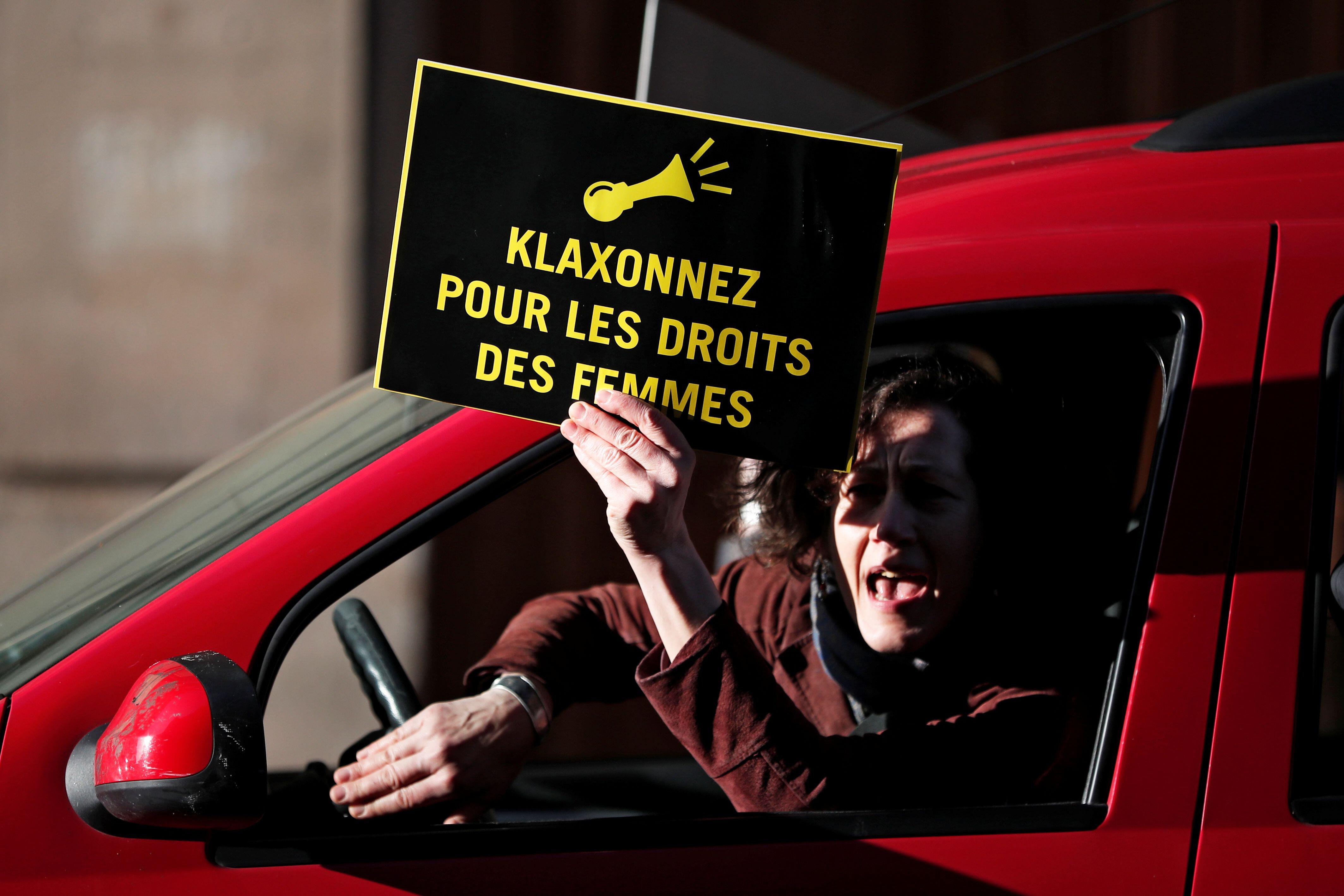Contemporary social movements combating women’s inequality have been explicitly visible in an unprecedented way over the last decade, particularly within the #MeToo movement, which began in 2017. Such global political activism led the world to witness women (and men’s) grass-roots campaigns in the form of organised protests in public spaces calling out their leaders for their idleness and advocating policy reforms regarding gender equality. This has revitalised the transnational “global sisterhood” necessary for social change and effective political transformation. However, how can we explore women’s capacities for political engagement and resistance in contexts where social transformations simply cannot take place through democratic engagement? Where there is no space for rigorous critique and dissent, no legal platform for collective political activism, nor social movement organisations to unite them, in places such as the Middle East?
As the ten-year anniversary of the Arab Spring passes, and the ostensibly unsolvable conflicts resume, we continue to question what its true legacy will be. We have witnessed decades of oppression under dictatorships in the Middle East and North Africa, which ban the basic human right to protest against the government and ruling parties. Yet the world has witnessed hundreds of thousands of men and women marching the streets – side by side – demanding political change. Those regimes answered such demands with death, detention, and for some, forcible displacement. Thus, the journey towards democratisation remains low with modest political and economic reforms. Coverage of the Arab Spring events has focused on these atrocities, as well as the economic and political impact on the region and the Western world. This has meant that we know very little about the unrelenting micro-forms of political activism and acts of resilience that women in particular have engaged in during the Arab Spring, such as their everyday fight for gender equality in their societies, and the remarkable bravery they embody while doing so.
The Arab Spring began in 2011 across the Middle East. Fast forward to February 2021 and we witnessed the prominent Saudi women’s rights activist Loujain al-Hathloul released from prison after 1,001 days in custody. Loujain was a leading campaigner for women’s rights in Saudi Arabia, including the movement for women to dive in Saudi Arabia, before the law changed in late 2017. She was detained and sentenced to five years and eight months in prison for pushing a foreign agenda and using the internet to harm public order. Unfortunately, this is not new. The first act of feminist political activism and solidarity from Saudi women took place during the Gulf War on November 6th 1990, when 47 women took to the streets for a secretly organised and unprecedented driving protest in the country’s capital Riyadh. The women were arrested, their passports where confiscated and they and their husbands were banned from foreign travel for one year. Whilst stability was restored, the women’s efforts were not forgotten. Inspired by the Arab Spring in neighbouring countries, an informal network of activists set up an online campaign called Women2Drive, and organised a protest for June 17th 2011. On that day, they drove in defiance of the law across major cities of Saudi Arabia – this time in a ‘scattered protest’. They were also arrested and detained. However, despite worldwide praise for the driving ban being lifted on June 24th 2018, some women activists remain in prison and on trial for their activism.


